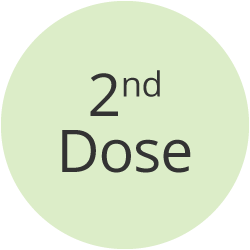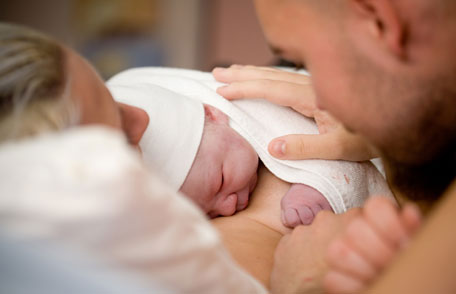

Three doses of the hepatitis B shot are recommended for children by doctors as the best way to protect against hepatitis B.
One dose at each of the following ages:



Mothers can unknowingly pass hepatitis B to their babies at birth.

The hepatitis B shot is very safe, and is effective at preventing hepatitis B. Vaccines like any medicine, can have side effects. These are usually mild and go away on their own.
The most common side effects of the hepatitis B vaccine are mild and include:
Prepare for your child's vaccine visit and learn about how you can:
Hepatitis B is a contagious liver disease caused by the hepatitis B virus. When a person is first infected with the virus, he or she can develop an “acute” (short-term) infection. Acute hepatitis B refers to the first 6 months after someone is infected with the hepatitis B virus. This infection can range from a very mild illness with few or no symptoms to a serious condition requiring hospitalization. Some people are able to fight the infection and clear the virus.
For others, the infection remains and is “chronic,” or lifelong. Chronic hepatitis B refers to the infection when it remains active instead of getting better after 6 months. Over time, the infection can cause serious health problems, and even liver cancer.
Infants and young children usually show no symptoms. Hepatitis B infection causes
These symptoms usually appear 3 or 4 months after a person gets the virus.
Hepatitis B can be very serious. Most people with a recent hepatitis B infection may feel sick for a few weeks to several months. Some people get over the illness. For other people, the virus infection remains active in their bodies for the rest of their life.
Although people with lifelong hepatitis B usually don’t have symptoms, the virus causes liver damage over time and could lead to liver cancer. There is no cure for hepatitis B, but treatment can help prevent serious problems.